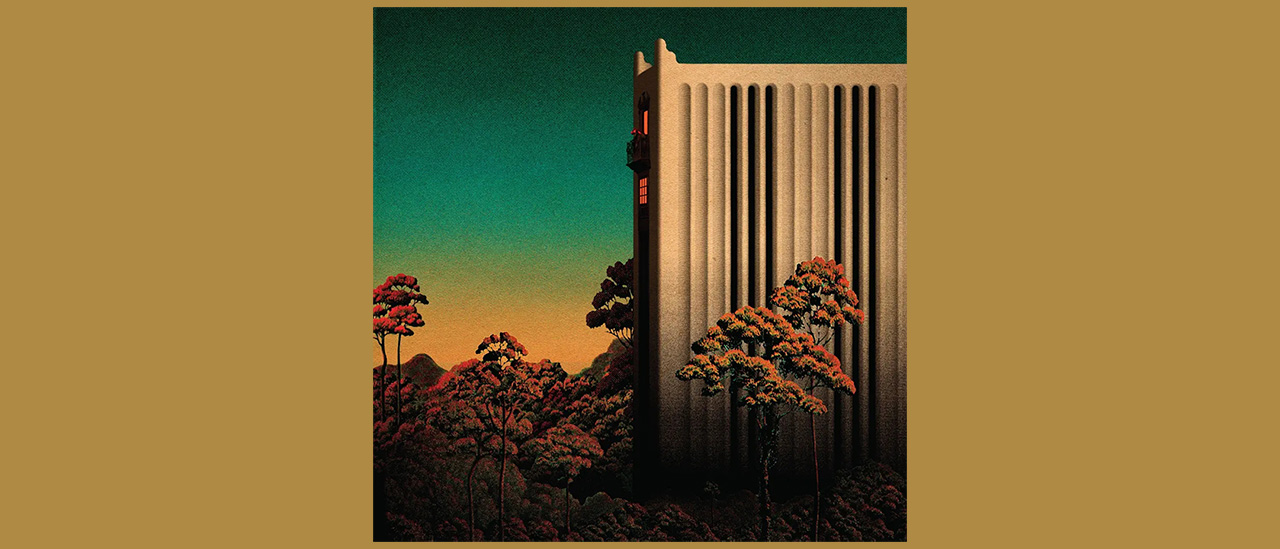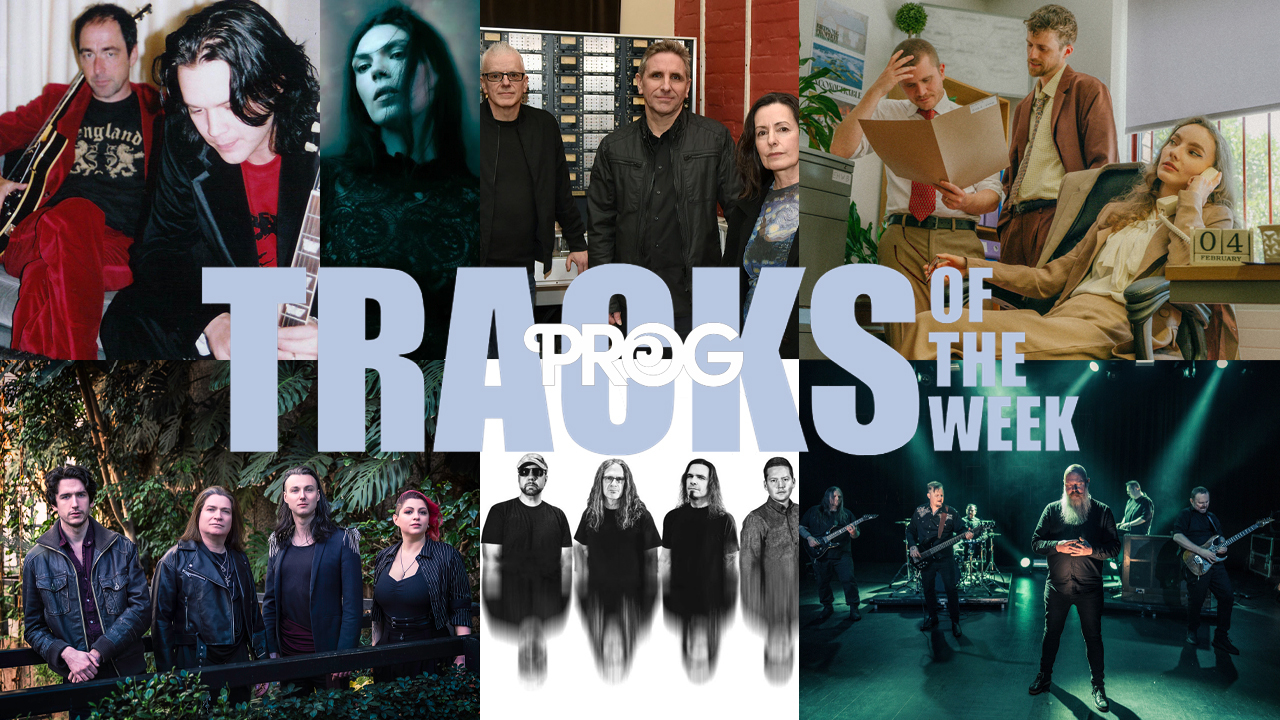You can trust Louder
The West Country has always felt like another world, in the best possible way. Its history, its dialects, its legends, its music – it sits in the UK geographically, but outside of it in many other ways.
The second album from Haunt The Woods – formed by four self-professed “Cornish hippies” currently based across the Tamar in Plymouth – is imbued with that otherness. Not in a ‘which ley line did I leave my piskie on?’ way, but in the manner that it sits slightly apart from the influences of folk, prog and alternative rock that it draws on.
Ubiquity is steeped in drama and grandeur, but it feels tethered to a very specific point on the earth. The giant crashing chords of opening song Fever Dream usher in instant theatrics, but it soon shifts shape, locking into a hypnotic, low-key psychedelic groove, before it all bursts upwards again, stacked with epic-scale harmonies. Vocalist/rhythm guitarist Jonathan Stafford’s acrobatic voice swoops and dives around the upper register but he never showboats – like Jeff Buckley, a clear inspiration, emotional clarity is everything.
Buckley isn’t the only influence evident on Ubiquity, vocally or musically. Gold comes on like a more analogue version of post-Kid A Radiohead, its tick-tock rhythm tugging and nudging rather than nagging and cajoling to another dramatic pivot point. Home’s golden-hour halo makes it sound like a long-lost early 70s Floyd track lifted from some unreleased Greek arthouse movie. And Now Is Our Time is a call to arms that’s pure Muse, albeit a Muse that have been dumped in a field by the aliens that abducted them the night before.
But Haunt The Woods are far more than the sum of their inspirations. They’ve taken what they’ve grown up listening to and spun it into something distinct, layering it with detail that makes it all their own: the dislocated atmospherics of Sleepwalking, the muted trumpet that drifts through Numb, the lone violin that haunts the amorphous title track.
For all its moments of performative pomp, a streak of seriousness underpins Ubiquity, not least lyrically. ‘There’s a line between myself and my reality/I often wish I could be someone else,’ sings Stafford over sparse, stark piano on The Line Part II, seemingly a sequel to the title track of their 2017 debut EP The Line. Later, on Overflow, he intones: ‘Every time I try and make sense of this/I just find a chasm, a great abyss.’ A strange, nagging riff courtesy of guitarist Phoenix Elleschild only adds to the sense of underlying discomfort.
Like the area Haunt The Woods come from, Ubiquity is a beautifully strange album – familiar yet different, exhilarating yet dark. It must be in the water.
Sign up below to get the latest from Prog, plus exclusive special offers, direct to your inbox!
Ubiquity is available now vie Spinefarm in multiple formats.
Dave Everley has been writing about and occasionally humming along to music since the early 90s. During that time, he has been Deputy Editor on Kerrang! and Classic Rock, Associate Editor on Q magazine and staff writer/tea boy on Raw, not necessarily in that order. He has written for Metal Hammer, Louder, Prog, the Observer, Select, Mojo, the Evening Standard and the totally legendary Ultrakill. He is still waiting for Billy Gibbons to send him a bottle of hot sauce he was promised several years ago.


